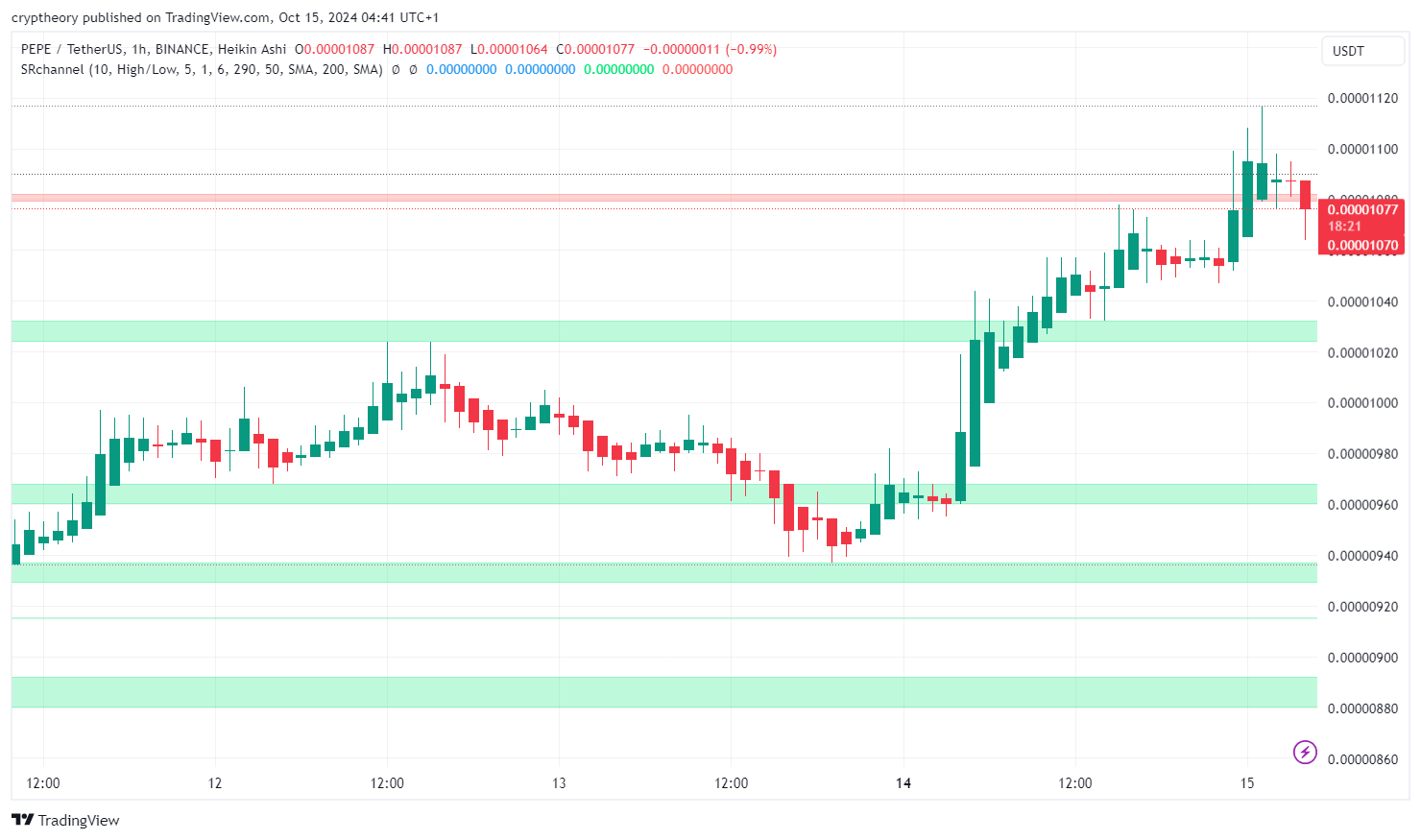Two senior analysts at JPMorgan say that staking will gain traction as a source of revenue for both institutional and retail investors.
Currently, BTC and ETH use the energy-intensive proof-of-work consensus mechanism. They do this to ensure all transactions on the network are valid and that the network’s distributed record is accurate. However, with the ETH 2.0 upgrade, it will be switching to proof-of-stake, where investors lock up their funds on the blockchain in exchange for rewards.
Increasing use of staking
According to a report from the analysts, staking currently generates an estimated $9 billion worth of revenue annually. However, they also predict that ETH’s shift to proof-of-stake with the launch of its upgrade will spur adoption of the alternative consensus mechanism. This could cause staking pay-outs to escalate to $20 billion in the quarters following the ETH 2.0 launch. By 2025, this could be $40 billion
“Not only does staking lower the opportunity cost of holding cryptocurrencies versus other asset classes, but in many cases cryptocurrencies pay a significant nominal and real yield,” the report reads. Currently, users that stake
Currently staking cryptocurrencies like SOL or BNB can earn users yields ranging from 4% to as high as 10% annually. The Winklevoss crypto exchange Gemini also advertises the chance to earn annual yields up to 7.4%.
Staking risks
According to the report, the current market capitalization of proof-of-stake tokens is over $150 billion. They also predict that the ability to earn yield through staking will make digital assets a more attractive asset class. This could help to grow mainstream adoption of cryptocurrencies.
However, the potential ability to earn consistent positive yield through staking cryptocurrencies largely depends on market volatility. For example, if the value of the staked token were to tank, there would be no real gains.
The report also pointed out that any system that consistently prints new tokens faces inherent inflationary risks. Unless there are inflation-control mechanisms, the report says that the value of staking will be diluted as users increase.
The post Staking Will Gain Traction as Institutional Revenue Source, Says JPMorgan Analysts appeared first on BeInCrypto.























